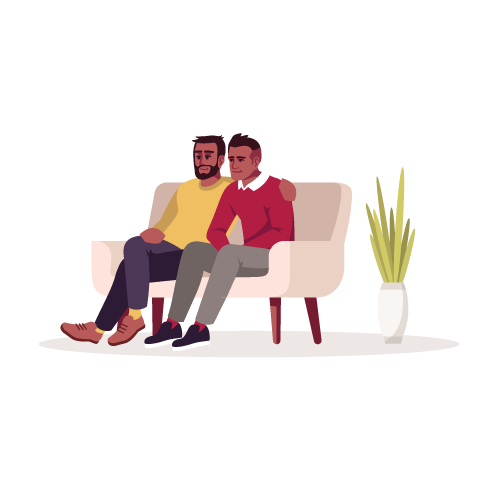
Questionnaires created after decades of experience working with gamete donors, surrogates and intended parents, honing the art of a skilled interview.
Form Selections

PROFESSIONAL CONSULTATION
For professional consultation regarding reproductive psychology, assessment with the PAI, or the use of Fertility Forms, contact Carrie at Carrie@dreichberg.com or Carole at FamilyBuildingCLW@gmail.com.

